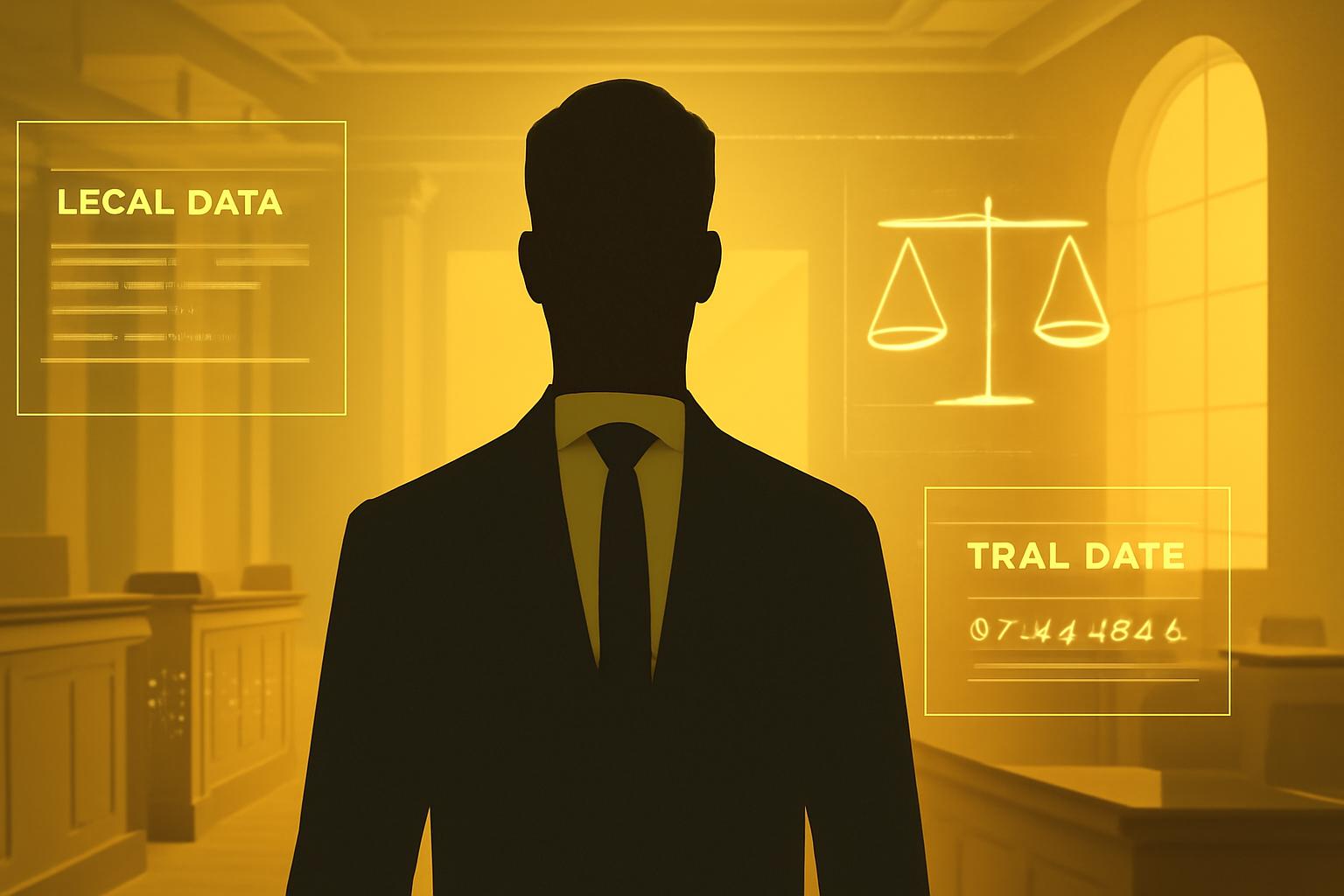James Comey Pleads Not Guilty; Trial Scheduled for January
Former FBI Director James Comey entered a formal not guilty plea Wednesday morning in response to federal criminal charges that were reportedly sought by former President Donald Trump. U.S. District Judge Michael Nachmanoff set the trial date for January 5, 2025, at the Alexandria federal courthouse in Virginia. Comey’s defense attorney, Patrick Fitzgerald, and federal prosecutors indicated that they anticipate the trial to last no more than two to three days, underscoring the relatively straightforward nature of the case.Charges Stem from 2020 Senate Testimony
Comey faces allegations of making a false statement and obstructing a congressional proceeding during his testimony before the Senate Judiciary Committee on September 30, 2020. The charges relate to Comey’s denial that he authorized an anonymous FBI source to provide information to the media concerning the investigation of Hillary Clinton’s email practices during the 2016 presidential campaign. Comey was dismissed from his role as FBI Director by then-President Trump in 2017, and the current indictment stems from the contentious political fallout surrounding that period.Defense Challenges Prosecution as Vindictive and Selective
Attorney Fitzgerald informed Judge Nachmanoff that he intends to file motions seeking dismissal of the case on grounds of vindictive and selective prosecution. He also criticized the appointment of interim U.S. Attorney Lindsey Halligan, labeling it “unlawful,” and plans to argue that the grand jury process was abused under her direction. Fitzgerald described the government’s conduct as “outrageous,” signaling an aggressive defense approach that aims to question the legitimacy of the indictment process itself.Prosecutorial Challenges and Court Oversight
The case is being handled by two federal prosecutors from North Carolina, a move that reflects internal difficulties within the Eastern District of Virginia’s U.S. Attorney’s Office. Halligan’s appointment followed the resignation of her predecessor, Erik Siebert, who reportedly hesitated to pursue a grand jury indictment against Comey. Judge Nachmanoff rejected assertions from prosecutors that the case involves complex classified information, agreeing with the defense that it is straightforward. The judge emphasized the importance of timely evidence disclosure, warning prosecutors against delays that could hinder the trial timeline. “This does not appear to me to be an overly complicated case,” Nachmanoff stated, underscoring his expectation for efficient proceedings.Comey Responds to Indictment
Following the indictment in late September, Comey posted a video on Instagram declaring, “I am not afraid.” He acknowledged the personal costs of opposing Trump but affirmed his commitment to stand firm. “My family and I have known for years that there are costs to standing up to Donald Trump,” Comey said. “We will not live on our knees, and you shouldn’t either.”FinOracleAI — Market View
The indictment and arraignment of James Comey mark a significant escalation in politically charged federal prosecutions linked to the Trump era. The case’s progression will be closely monitored for its legal precedents and political ramifications.- Opportunities: Clear and concise trial framework may expedite resolution; potential to clarify legal boundaries around congressional testimony.
- Risks: Prolonged political tensions may influence judicial proceedings; possibility of further politicization of federal prosecutions.
- Defense motions challenging prosecution legitimacy could delay or complicate trial outcomes.
- Impact on public trust in impartiality of justice system amid high-profile political cases.
Impact: The case is poised to intensify political scrutiny on federal prosecutorial practices, with potential implications for judicial independence and political discourse ahead of the 2025 election cycle.













